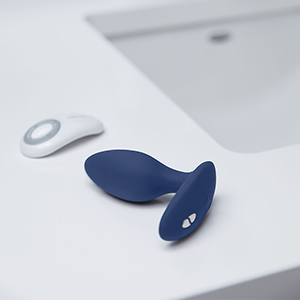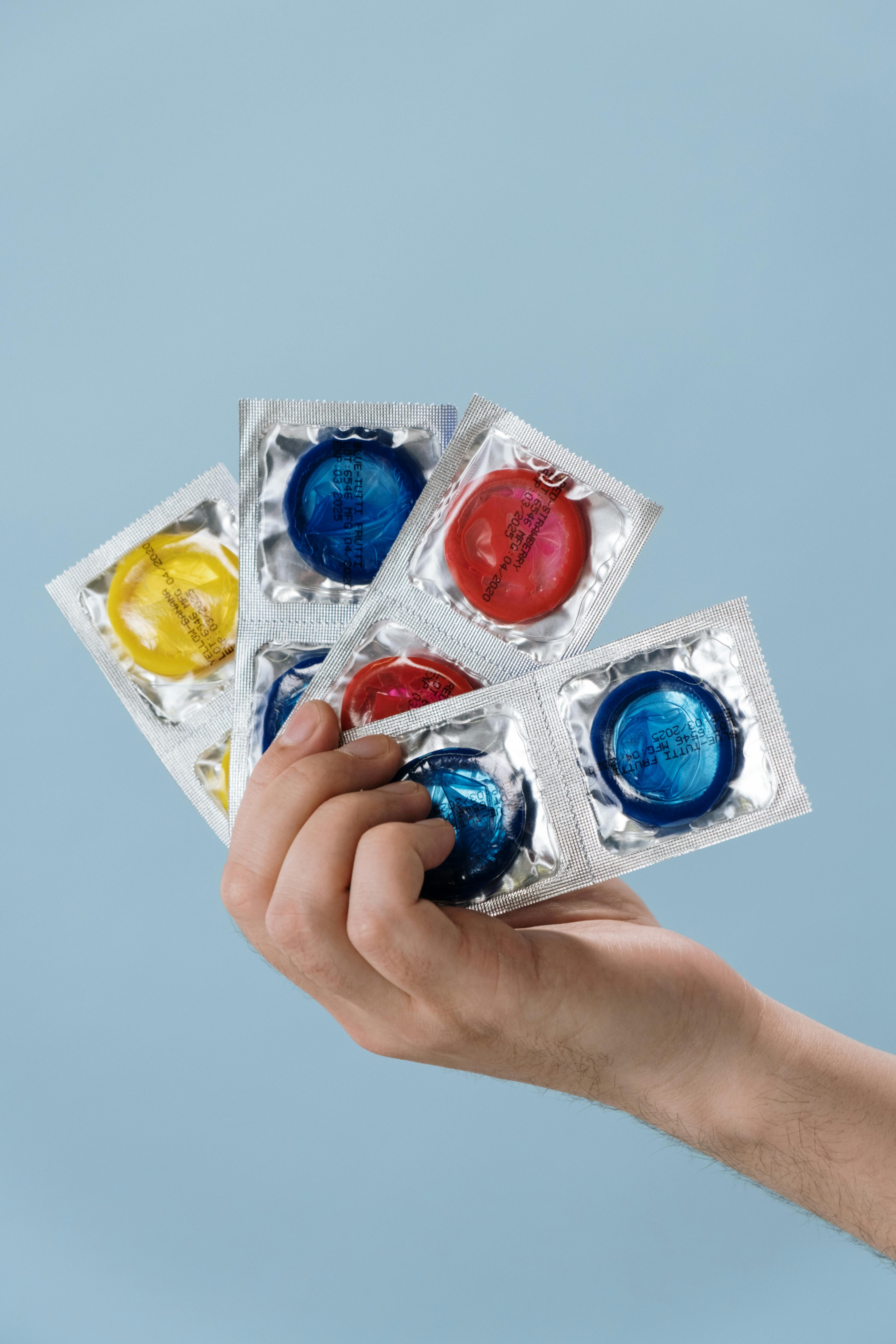


- What is it? A bacterial infection that results in sores on the mouth, throat, lips, anus, tongue, vagina, or penis.
- How is it contracted? You can get chancroid sores or spread them through skin-to-skin contact with open sores, from hands that have touched a sore, or from sex toys such as a vibrator or dildo that have touched a sore.
- Incubation Period: 12 hours to 5 days
- Symptoms:Painful open sores on the genitals, and, in some cases, swollen and tender lymph nodes in the groin. Women may be less likely to get the sores; instead, their symptoms may include painful urination or defecation, painful intercourse, rectal bleeding, or vaginal discharge.
- Testing: Chancroid lesions can look like syphilis or genital herpes, so a doctor needs to analyze the discharge from the sores to get an accurate diagnosis.
- Treatment: Antibiotics are usually effective - Zithromax 1.0 gm (250mg x 4 tablets) or Cipro 500 mg twice a day for 3 days or Cipro XR 500 mg once a day for 3 days.
- If you are not treated: The sores that remain from an untreated chancroid infection may put you at risk for other STDs, as well as other types of infections.
-
How Can I Prevent Getting or Spreading Chancroid?
There are several ways to help prevent getting chancroid or spreading it to other people:
- You can abstain from vaginal and anal intercourse, and oral sex.
- If you choose to have vaginal or anal intercourse, use female orlatex condoms every time.
- If you choose to have oral sex, use a condom, Glyde dam, ordental dam.
- Avoid touching the chancroid sores. If you do touch one, carefully wash your hands to reduce the risk that you spread the infection to another part of your body.






Leave a comment